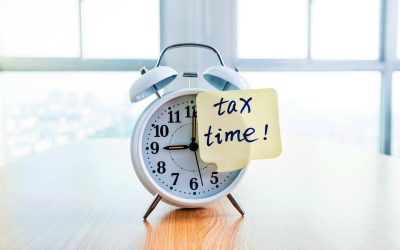
As you plan for retirement, it’s important to consider tax optimization strategies to minimize your tax liabilities. Here are three key ways to optimize taxes in retirement, based on information from sources published between 2022 and 2023.
-
- Consider the Tax Structure of Your State and Locality
Consider living in a tax-friendly state.[1] Many states offer tax breaks for retirement income or have no income tax, which can help you reduce your tax liabilities in retirement. Some states also offer tax exemptions for Social Security benefits and other retirement income sources. Assessing the tax structure of your state and constructing your retirement plan and financial strategy around your state’s tax system can help you stay a step ahead in retirement.
-
- Utilize a Smart Retirement Account Withdrawal Strategy
Choose a withdrawal strategy that works for you.[2] When you withdraw from your retirement accounts, it can impact your taxes in different ways. One potential strategy to reduce taxes is to withdraw annually from each account based on its percentage of overall savings. This strategy can potentially reduce taxes and extend the life of the portfolio, allowing for an extra year of retirement income. Additionally, it can reduce taxes on Social Security benefits and the premiums paid on Medicare. Consult with a tax professional and have a withdrawal plan in place to manage your taxes in retirement.
-
- Optimize Your Social Security Claiming Strategy
Be strategic about Social Security benefits.[3] Depending on your other sources of income, your Social Security benefits may be subject to taxes. One way to optimize taxes is to delay taking Social Security benefits until you reach full retirement age or even later. This can increase your monthly benefit amount and reduce the portion of your benefits that are subject to taxes. Alternatively, you can consider taking Social Security benefits earlier and investing the money in a tax-efficient manner.
The Bottom Line
Optimizing taxes in retirement can help you maximize your retirement income and minimize your tax liabilities. It’s important to consult with a tax professional and have a plan in place to manage your taxes in retirement. Additionally, plan and comply with filing dates, tax rate schedules, and deductions to ensure you’re taking advantage of every opportunity to optimize your taxes.[4]
With careful planning and execution, you can enjoy a financially stable and worry-free retirement, and that’s our bread and butter. Sign up for a complimentary review of your financial strategy to get started today.



